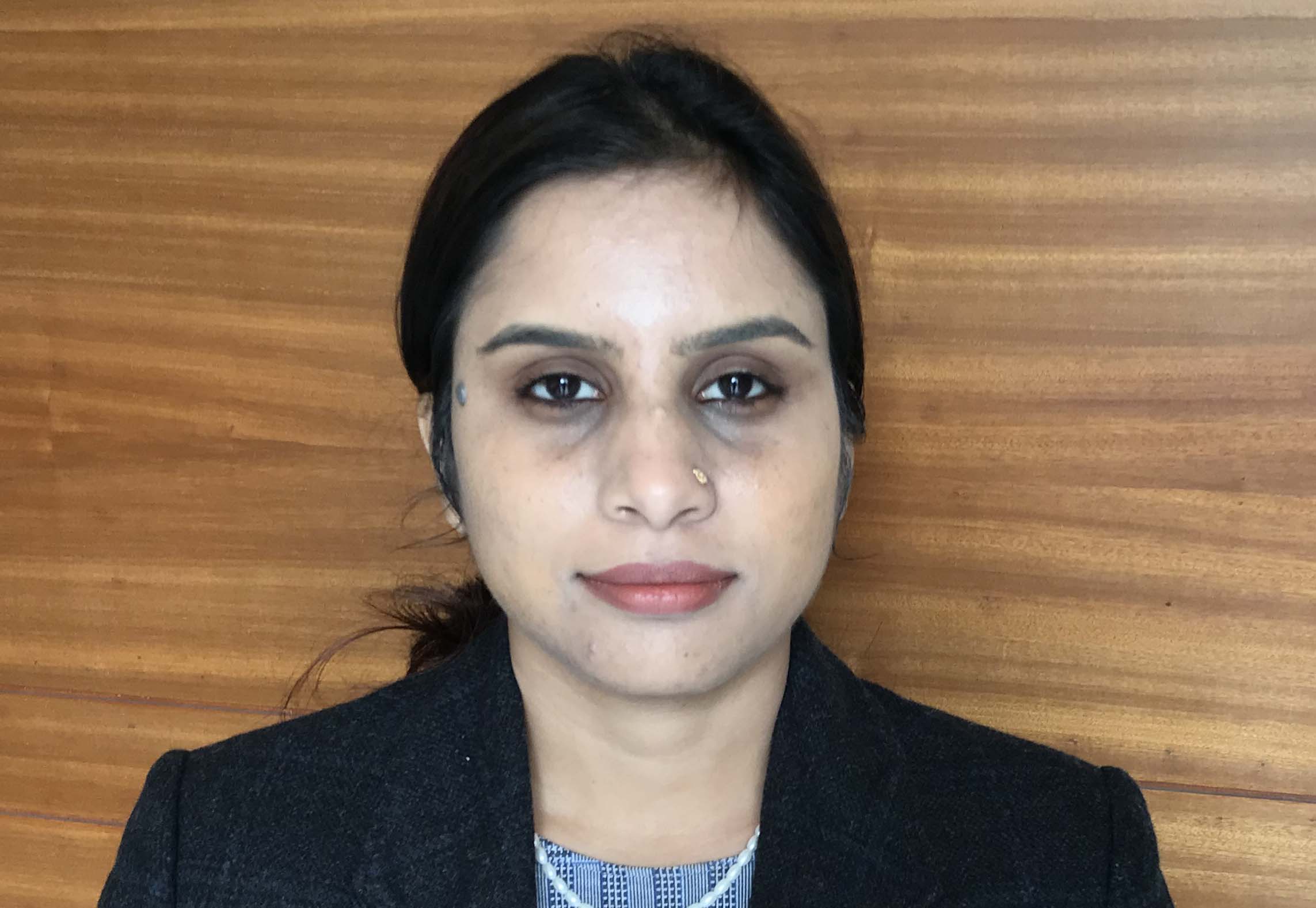On 13th January a delegation from New Zealand visited the Vivekananda International Foundation. The delegation comprised of Commodore Mellissa Ross, Deputy Chief of the Navy, Ms. Erin Duncan, Deputy High Commissioner to India, Ms. Suzannah Jessep, Director of Research and Engagement at the Asia New Zealand Foundation, Manjeet S. Pardesi, Senior Lecturer in the Political Science and International Relations Programme and Asia Research Fellow at the Centre for Strategic Studies at Victoria University of Wellington, Mr Toby Estall, Analyst, Department of Prime Minister and Cabinet, Katie Bradford, senior reporter with 1News/TVNZ. The Indian side was represented by Dr. Arvind Gupta, Director, VIF, Lt. Gen Ravi Sawhney (retd.), Senior Fellow, VIF, Amb. R. Rajagopalan, Brig. Vinod Anand (retd.), Senior Fellow, VIF, Jaideep Chanda, Senior fellow, VIF, Naval Jagota, Senior Fellow VIF and other scholars.
Challenges in the Indo-Pacific
Although geographically an old concept but as a political idea the Indo-Pacific has taken prominence since the last two years. But the concept is still under discussion amongst countries of this region and no consensus is achieved on it as yet.
India’s Indo-Pacific concept is larger in geographical sense than the others, and it also overlaps with the Indian Ocean region. PM Modi had stressed that Indo-Pacific is inclusive concept. India’s Indo-Pacific can be linked to Eurasia vision of Russia. India is right in the center of the Indo-Pacific and has genuine interest in the West and in the east. India desires a stable and secure region. India has been focusing on maritime security. Under SAGAR (Security and Growth for All) it called for engagement with its maritime neighbours, as also naval exercises and maritime dialogues with major powers. India’s concept of Indo –Pacific is expansive and inclusive and also goes beyond security to look at economy and sustainability, such as blue economy.
New Zealand is now comfortable with the Indo-Pacific region. For New Zealand Indo-Pacific represents core principles such as inclusivity, openness, transparency, rule of law, freedom of navigation. India and New Zealand see commonality with these principles. Application of these core principles is desired in the Indo-Pacific region.
Terrorist attack affected New Zealand. India has been a victim of cross-border terrorism for many years. The Indian PM has asked for international collaboration against terrorism, which has resonated well with New Zealand. Terrorism is a challenge to open and free societies. Terrorists misuse the free societies and democracies will be challenged by terrorism.
China and India are important partners for New Zealand. China should adhere to international rules and norms and openness. Russia as a Pacific power has interest in the East. There’s no US-Russia dialogue at the moment.
Indo-Pacific is a maritime entity and oceans do not have borders. New Zealand does not have its own concept or strategy on Indo-Pacific; it is comfortable due to its geography and the principles that have been articulated. It is the principles that underpin Indo-Pacific which are most important. The way in which countries behave and cooperate in this region is of utmost importance to New Zealand.
As democracies, India and New Zealand have common interest in the reforming of international institutions. Multilateralism is in deep crisis, UNSC is unable to manage the global tensions and it is also resisting all kinds of reforms. Permanent membership has to be enhanced. US is probably no longer interested in WTO which is taking toll on multilateralism. Only one arms treaty-NEW START is remaining between two powers and perhaps that will also get dissolved next year. Joint Comprehensive Plan of Action (JCPOA) has ended, Iranians will start enrichment again and eventually develop weapons. Not much progress on North Korea issue can be expected.
New technologies like hypersonic systems are bringing stress to the carefully crafted deterrence system of earlier decades.
Potential for Bilateral Cooperation
India and New Zealand are geographically afar from each other. But as maritime nations convergence is possible. Cooperation between the two countries is growing. In the last ten years the understanding of each other as countries has improved. New Zealand had interest in Asia since the past decade. It’s Asia Strategy has developed in the past few years.
The Indian diaspora comprises over 4 per cent in the total population of New Zealand. It has seen a steady growth. New Zealand is an attractive destination for high quality education where large number of Indian students study. Cricket binds the two countries together.
India and New Zealand have been discussing a Free Trade Agreement. Defence cooperation is also under discussion. The former Chief of Indian Navy had visited New Zealand in 2019.
New Zealand is now comfortable with the Indo-Pacific region. For New Zealand, Indo-Pacific represents core principles such as inclusivity, openness, transparency, rule of law, freedom of navigation. India and New Zealand see commonality with these principles. Application of these core principles is desired in the Indo-Pacific region.
India and New Zealand can cooperate and collaborate in the Pacific Islands. Both have policies to strengthen their neighbourhood and enhance their resilience. New Zealand is partnering with Pacific islands in leadership training, military justice system, capacity building, women, peace and security. India’s interest in Pacific is encouraging and New Zealand would like interested countries to follow New Zealand’s model of partnership in Pacific Islands. Care should be taken that smaller nations do not fall into the debt-trap and other kinds of entrapment.
Climate change is a serious concern, COP targets are failing, US has withdrawn, - extreme events are impacting India’s coastal environment. New Zealand and the islands in Pacific are affected. India is trying to build a disaster-resilience initiative and would like to close closely with New Zealand.
Regional order is coming under stress due to US retrenchment from Asia. A period of instability is being seen now after the calm and stability that was provided under the Bretton-Woods system. Globalisation has not benefitted everywhere, with rising inequality and corporatisation. Middle powers such as India and New Zealand have a role to play in these situations, their role becomes important. Likewise groupings like ASEAN can moderate tensions









Post new comment